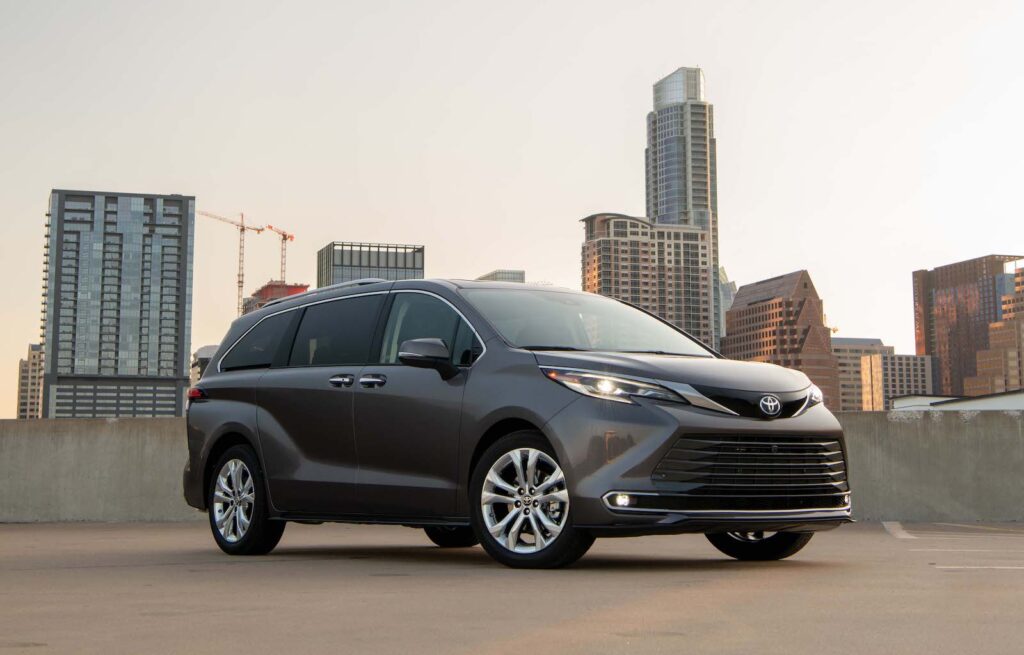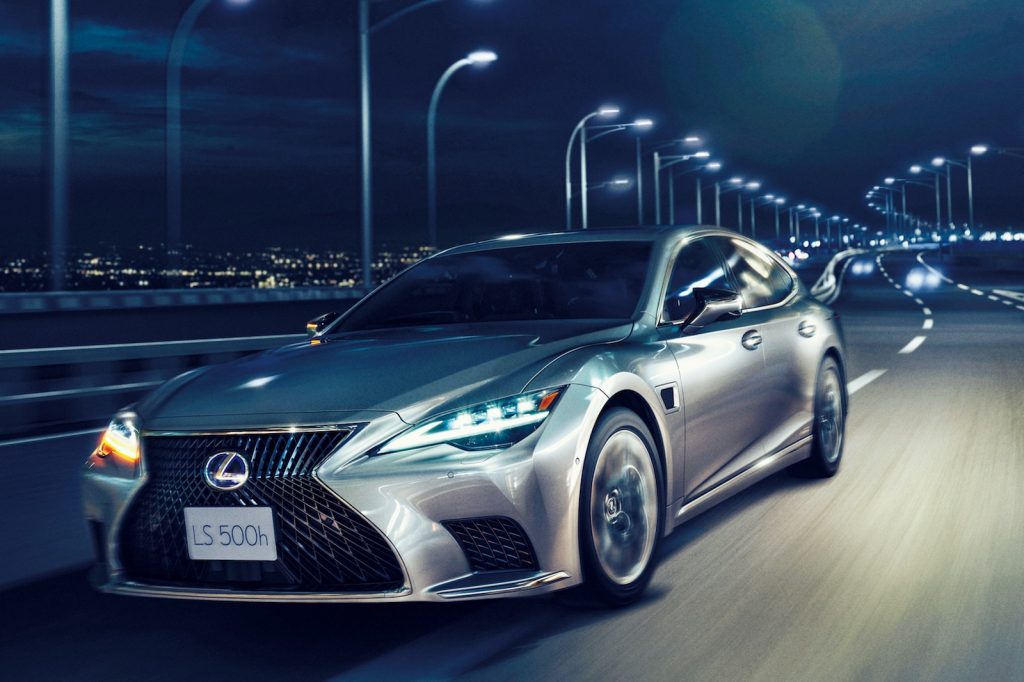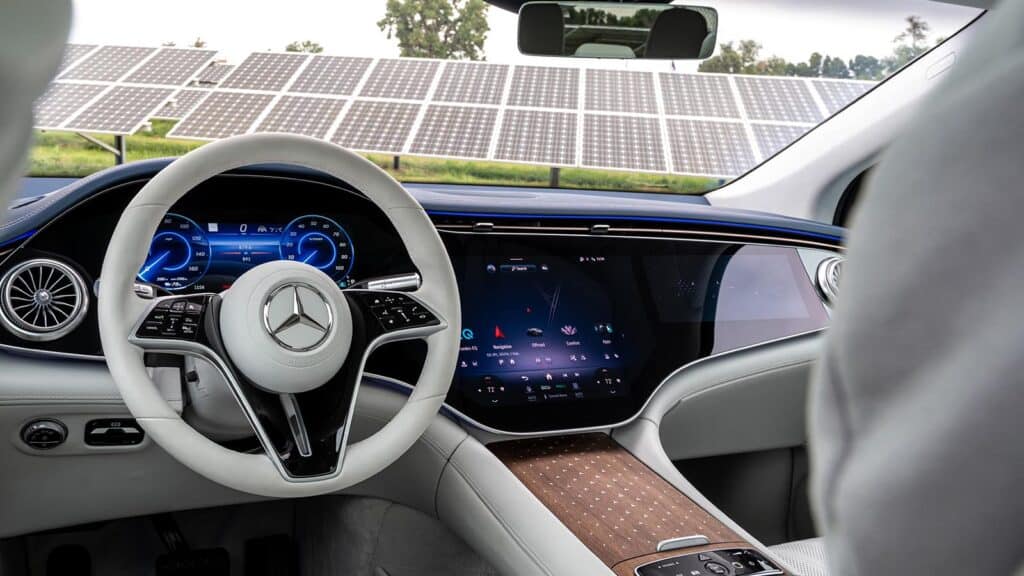Hybrids deliver some of the best gas mileage of any of today’s vehicles. But they’ve got another advantage going for them: high reliability. The new Ford Maverick is one good example: the hybrid model is notably less trouble-prone than the gas-powered version of the compact pickup, according to Consumer Reports.

And hybrids, in general, top the non-profit’s Annual Auto Reliability Report, with midsize and large sedans close behind. Unfortunately, plug-in hybrids and pure battery-electric vehicles didn’t score nearly as well in the latest version of the study — which is based on what 300,000 owners had to say about their vehicles.
The Reliability Report found that, yet again, Japanese automaker Toyota delivered the market’s most reliable vehicles, followed close behind by its sibling brand Lexus. But the news wasn’t nearly as good for Mercedes-Benz and its owners who found the German brand to be the least reliable among the 24 marques included in this year’s study.
Well-proven technology
The good news for buyers looking to maximize fuel economy is that hybrids are, with only the rare exception, among the most reliable vehicles on the road today, said Jake Fisher, head of automotive testing for Consumer Reports. Even better news is that the number of hybrids has reached an all-time high.
“Hybrid technology is pretty (well) proven,” he explained. And it helps that “it hasn’t changed a whole lot” since the first hybrids, the Toyota Prius and first-generation Honda Insight debuted two decades ago.

Asked why plug-in hybrids and battery-electric vehicles aren’t nearly as reliable, Fisher said several factors are at work. For one thing, they generally use newer, more complex and less proven technologies. And EVs, in particular, generally target early adopters so, he added, “they are loaded with all the sorts of technology that creates problems.”
Rule of thumb
In general, said Fisher, the Reliability Report shows that the more technology on a vehicle the more likely it is to have problems.
For Consumer Reports, “the rule of thumb is to never be the first with the newest technology.”
There are some exceptions. While EVs like the Hyundai Kona, Ford Mustang Mach-E and Volkswagen ID.4 have run into problems with their batteries, electric heaters and other high-tech components, Tesla has largely gotten its high-tech systems under control.

Ironically, the upstart automaker continues to struggle with the sort of mechanical problems that “legacy” automakers long ago solved, like peeling paint and misfit doors and body panels. While the Model 3 sedan generally scored well, Tesla as a whole slid to 19th among the 24 brands covered by the Annual Auto Reliability Report.
Mercedes takes a tumble
When it comes to the latest high-tech features, Fisher said “the one bright spot” is the ability automakers have to quickly fix the problem, often simply by updating software. And that’s becoming even easier with cars already on the road using smartphone-style over-the-air updates. Tesla recently fixed a brake problem without requiring customers to bring their vehicle in for repairs.
High-tech problems took a heavy toll on several brands, notably Mercedes-Benz which ranked dead last in the 2022 study. The German automaker has tried to differentiate itself from the competition by using features like its pillar-to-pillar Hyperscreen system. But many of these new features haven’t worked as well as expected, according to CR.
Other problem-plagued brands included, in ascending order, Jeep, Volkswagen, GMC and Chevrolet.
The best of the best
At the other extreme, reliability leaders Toyota and Tesla were followed by BMW, Mazda and Honda. BMW rose sharply and Fisher said that reflects the brand’s decision to back down on its traditional reliability on high-tech features, such as iDrive.
While reliability has traditionally been an important factor for most motorists, Fisher said it’s something even more critical to consider today, because “With today’s inflated car prices, people are keeping their vehicles longer than ever.”







